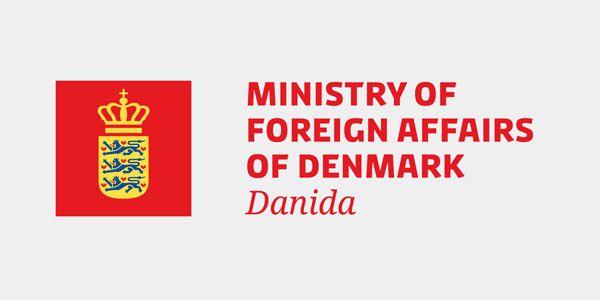Years of conflict, coupled with reduced possibilities to address Explosive Ordinance (EO) contamination, have put 15.4 million Syrians at immediate risk from injury and death.
75 EO incidents were recorded in December 2024 alone, resulting in at least 64 deaths (about half of whom were children) and 105 injuries. Casualties are expected to rise, particularly in areas where conflict intensity was high, and access for humanitarian partners limited; most notably in Menbij, Ein al Arab/Kobani, Ras il Ain, Tel Abiad and Deir ez-Zor governorate.
Explosive Ordinance Risk Education (EORE) empowers individuals with the knowledge and skills to identify, avoid, and report dangers, thus preventing injuries and fatalities. It improves economic recovery efforts by helping communities safely return to their homes and livelihoods, enabling them to rebuild their lives and contribute to the economic recovery process.
From teaching to raising awareness
In the quiet village of Al-Salea, Deir-ez-Zor Governorate, Mohammad Al-Dughaysh spends his days teaching in a small classroom. Mohammad is a 28 year-old father of two and he works as a teacher. But when the school day ends and the bell rings, he takes on another role – one that could save lives.
When a team from the Roj Mine Control Organization (RMCO), supported by DanChurchAid (DCA), visited his village in Deir-ez-Zor Governorate, Mohammed did not hesitate; he immediately volunteered to help – the aim of making communities safer for the children he teaches as well as his own children resonated with his own wishes for their future.
It’s my job to educate students, but now I also help protect lives.Mohammad Al-Dughaysh
RMCO works to raise awareness about the dangers of explosive ordnance, promote safe behaviour, and train men and women to be Community Focal Points (CFPs) who can continue spreading safety messages long after the project ends.
Having both women and men as community focal points is important to ensure that EORE reaches everyone, especially in communities where gender dynamics may limit interaction.
Women and men often have different roles, daily routines, and social networks, so involving both allows messages to spread more effectively and inclusively. Female focal points can access women’s spaces, engage mothers and girls, while male focal points can reach other community segments. Together, they ensure no one is left uninformed or unprotected.
The war may have quieted, but it left behind silent killers. Shells, grenades, and mines still lie buried in fields, under rubble, and sometimes in the paths children take to school. For years, people in Mohammad’s village lived around them carelessly, unknowingly. The training showed them how serious this is. Before, they didn’t really take it to heart. But now, Mohammad sees how much danger they live with.
Mohammad was trained to identify types of Explosive Remnants of War (ERW), understand safe and unsafe behaviors, and most importantly, how to talk to others about it.
I found a shell near the village. I marked the area with a warning sign so no one would go near it and then called the authorities. That moment made it all real for me.Mohammad Al-Dughaysh
He now spends many of his evenings holding awareness sessions with children and their families. Using leaflets and simple language, he talks about what to do if someone finds something suspicious. His reach doesn’t end at the classroom, he speaks to parents, relatives, and neighbours. Over time, he’s noticed a change.
People come to me now. They ask what to do, how to protect their kids. At first, no one took it seriously. Now they listenMohammad Al-Dughaysh

“More awareness. More voices. We’ve lived through enough. It’s time we lived in peace”, says Mohammed.
Still, it’s not easy. Mohammad says the biggest challenge is changing old mindsets and has to be patient. Many think, it’s been there for years, why worry now? But he reminds them: it only takes one second for everything to change.
For Mohammad, his work has become a calling: “It’s changed me. I carry more responsibility now. But that’s okay because someone has to,” he says.
And to those considering becoming focal points like him, he has just one message:
It’s hard in the beginning. But don’t stop. One voice can save a lifeMohammad Al-Dughaysh
Partners
Roj Mine Control Organization (RMCO) is a non-profit organization dedicated to humanitarian demining and risk education in North and East Syria. It’s the only local demining organization which works over North and East Syria since it was founded in late 2016. RMCO aims to ensure safe, sustainable environments for communities affected by landmines and unexploded ordnance (UXO).

About the project
Full title: Enhancing the protection, resilience and dignity of communities affected by conflict in Northeast Syria (NES)
Period: September 2024 to June 2025
Partner: Amal Organization for Relief and Development and RMCO Organization
Amount: 5,000,000 DKK
Number of people reached by end of project: 14,000+
Donor: DANIDA


